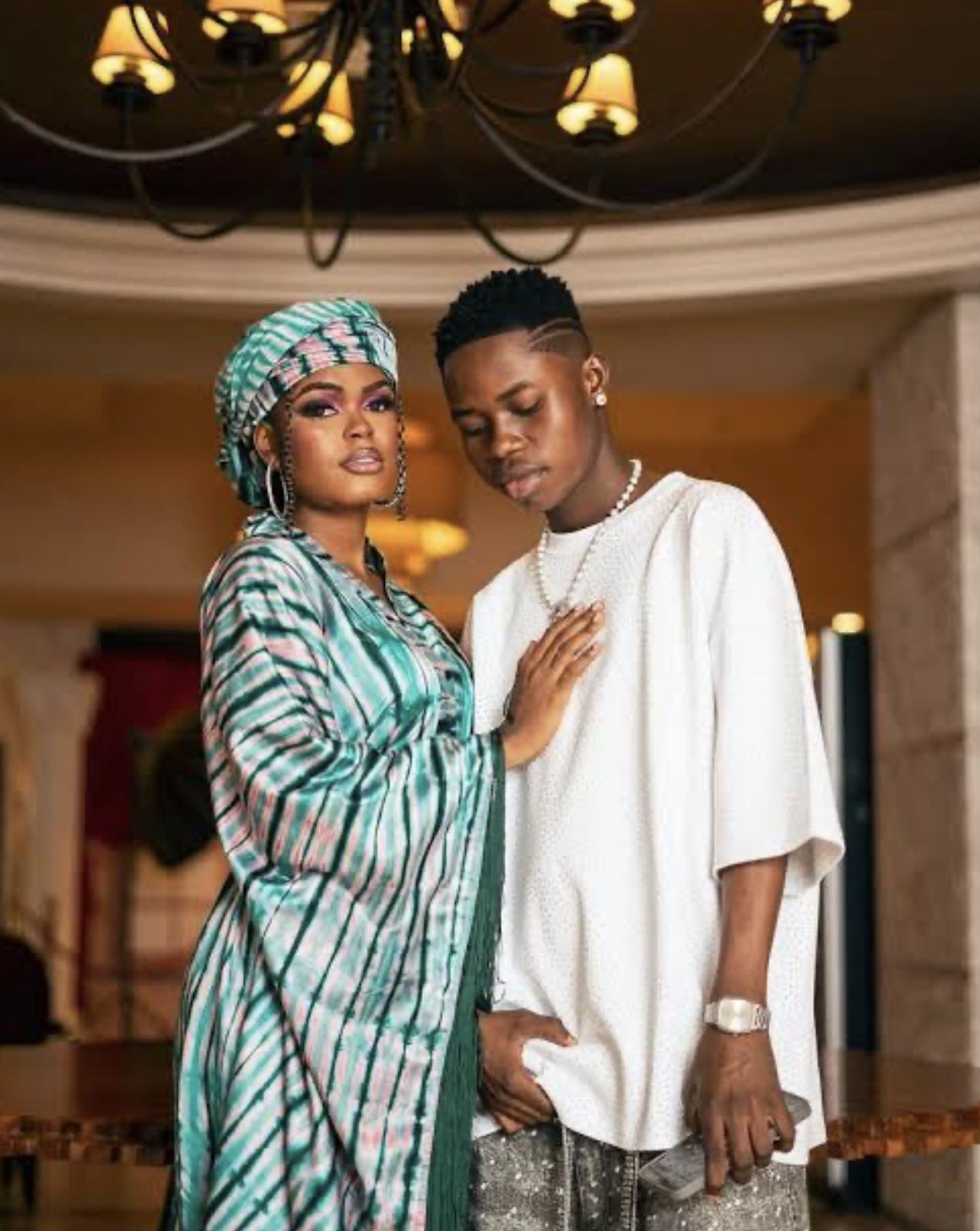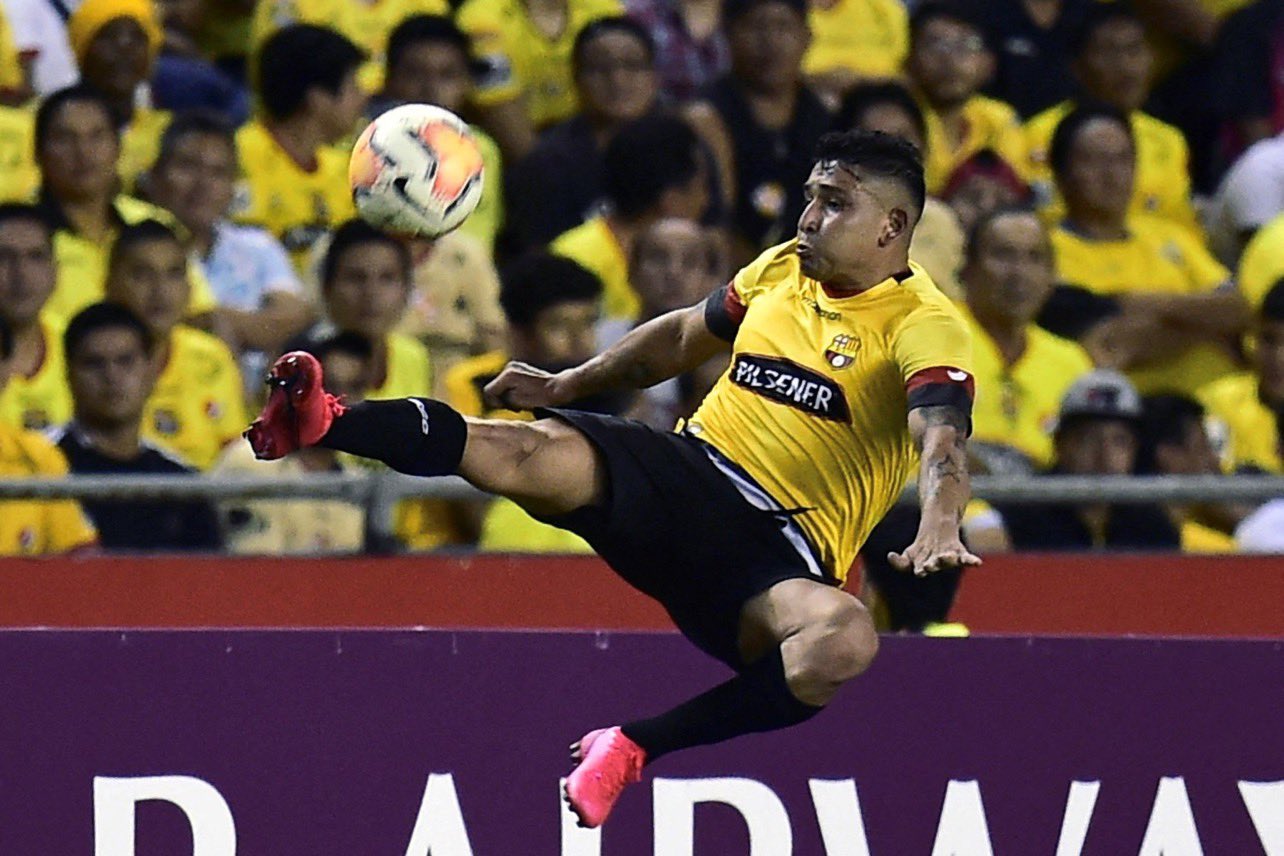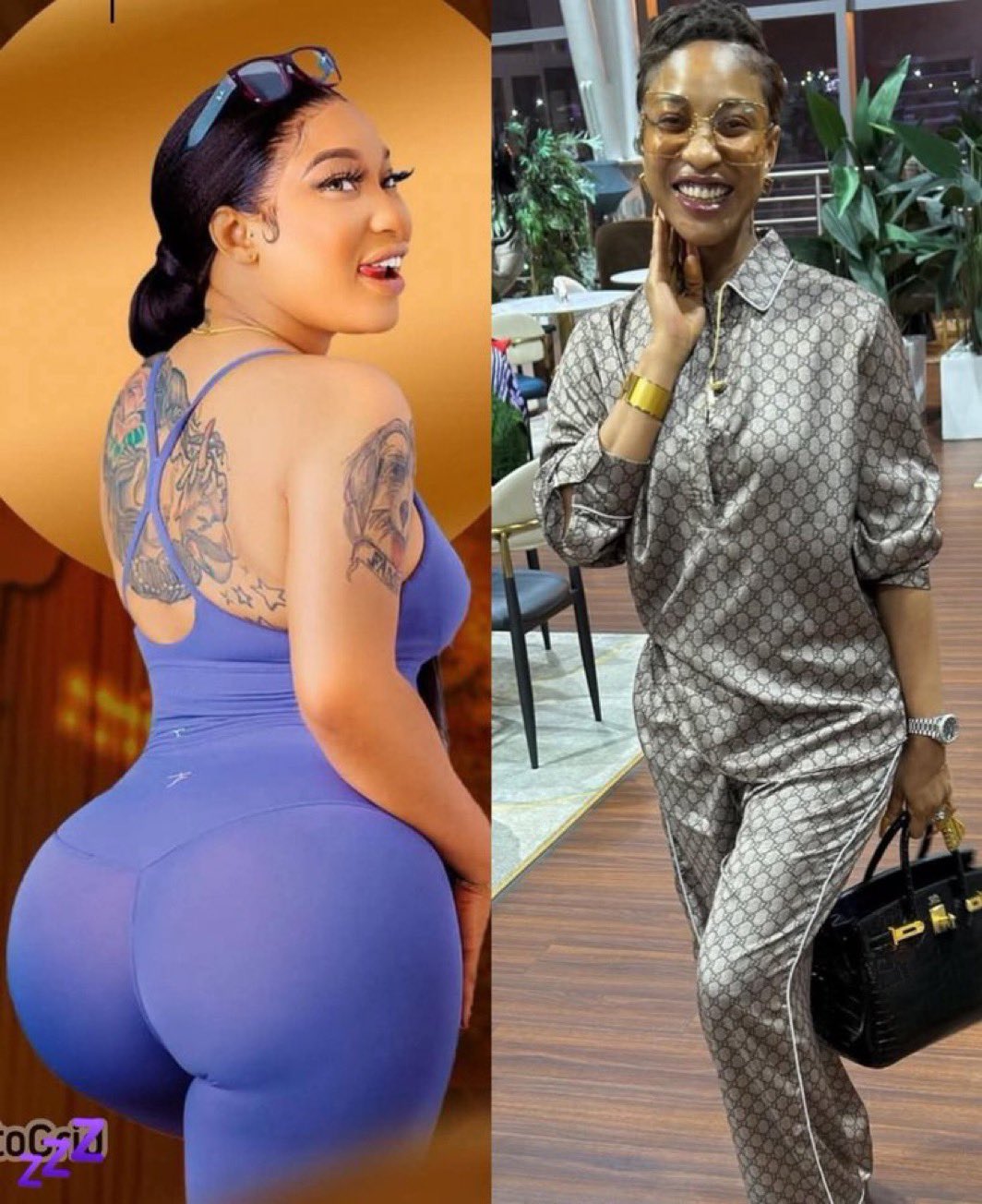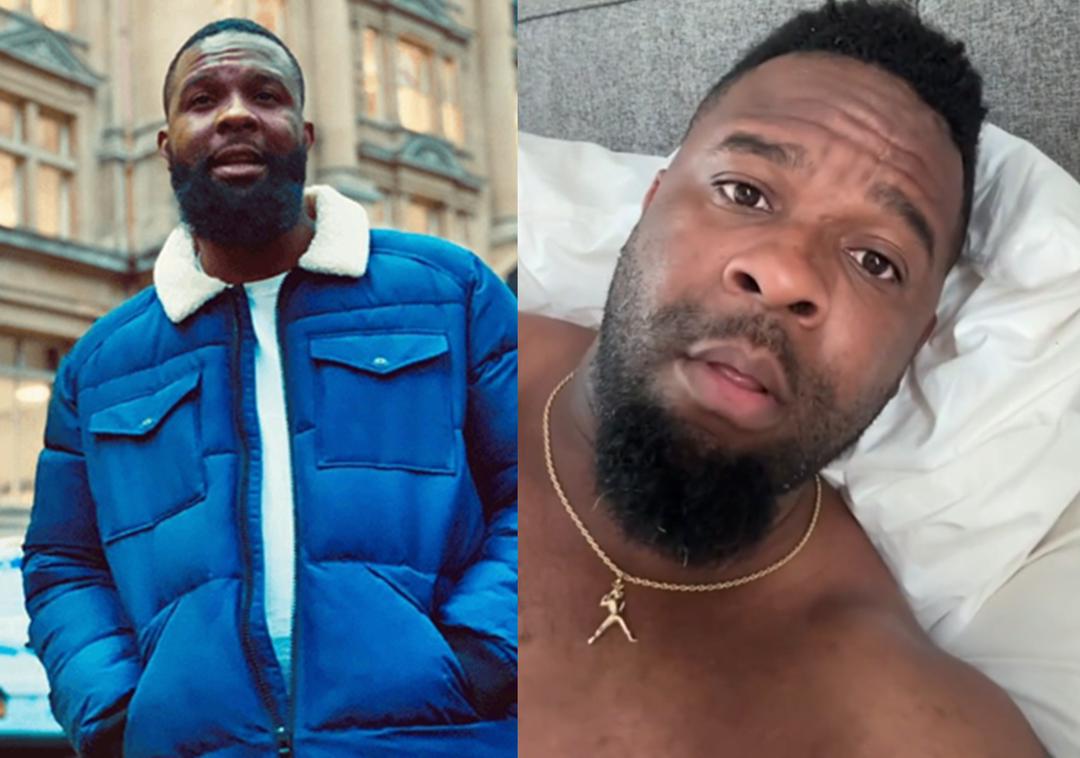
TikTok Drama Turns Legal: Jarvis Threatens to Sue Peller Over Explosive Money Laundering Allegations

The Nigerian TikTok community has been thrown into turmoil after popular creator Amadou Elizabeth, widely known by her online monikers Jadrolita or Jarvis, through her management team, issued a stern warning and threatened legal action against fellow influencer Hamzat Habeeb, popularly known as Peller, over allegations that she is involved in money laundering. The controversy, which erupted over the weekend, has quickly spiraled into one of the most talked-about scandals on Nigerian social media, raising serious questions about online reputation, defamation, and the power of viral content in the influencer space.
According to a statement released by Jarvis’s management, the viral TikToker, who has amassed thousands of followers for her comedic and lifestyle videos, is currently consulting her legal team to take decisive action against Peller for what they describe as a “malicious and baseless attempt to tarnish her image.” The management’s statement emphasized that the allegations made by Peller are entirely false, defamatory, and have already caused significant emotional distress and reputational harm to Jarvis, whose brand relies heavily on public trust and online engagement.
The controversy reportedly began when Peller, during a live session on TikTok, made unverified claims insinuating that Jarvis’s source of income was questionable and connected to illicit financial dealings. The clip from the live session spread rapidly across the platform, gathering thousands of views and comments from curious users. Within hours, the video was shared across multiple social media channels, prompting a heated online debate about the credibility of influencers and the blurry line between digital content creation and real-life accountability.
Jarvis’s team responded swiftly, describing the allegations as “completely fabricated” and “driven by envy and malice.” They insisted that the TikToker has built her career through consistent hard work, brand collaborations, and creative content that resonates with her audience. “At no point has our client been involved in any form of financial misconduct,” the management’s statement read. “We view this accusation as a deliberate attempt to defame and discredit her character, and we will not hesitate to pursue every legal remedy available to us.”
The team also warned other influencers and social media users to refrain from spreading unverified claims or risk facing similar legal consequences. They stressed that online freedom of expression should not be misused to promote falsehoods or damage people’s reputations for clout. “Social media has given everyone a voice, but that voice must be used responsibly,” the statement added.
Peller, on the other hand, appears unbothered by the threats of litigation. In a follow-up post, he defended his comments, claiming he merely shared what he described as “public observations” and “suspicions” raised by followers. However, his explanation has done little to calm the storm. Many netizens have accused him of crossing a line by making serious criminal insinuations without evidence. Others, however, have expressed curiosity, urging both parties to release proof to either substantiate or debunk the claims.
The feud has since divided the TikTok community, with supporters of both creators clashing in comment sections and live sessions. While Jarvis’s fans have rallied behind her, describing the allegations as “a smear campaign,” some critics argue that influencers must expect scrutiny, especially when flaunting luxury lifestyles online. The conversation has reignited the long-standing debate about influencer transparency, authenticity, and accountability in Nigeria’s rapidly growing social media scene.
Entertainment analysts suggest that this case could become a defining moment for digital content creators in Nigeria, especially as the influencer economy becomes increasingly lucrative. With many online personalities securing endorsement deals, paid partnerships, and brand ambassadorships, reputation management has become a vital component of their careers. A single defamatory statement, if left unchallenged, can significantly affect an influencer’s earning potential and public image.
Legal experts who weighed in on the matter have also highlighted that under Nigerian law, defamation—especially in the form of untrue public statements—can attract severe legal penalties, including damages and injunctions. According to Section 373 of the Nigerian Criminal Code, defamation involves any false publication that injures the reputation of another person, exposing them to hatred, contempt, or ridicule. If Jarvis proceeds with her lawsuit and the court rules in her favor, Peller could face not only financial penalties but also long-term damage to his personal brand and credibility.
Beyond the legal implications, this incident sheds light on a growing culture of online feuds among Nigerian influencers, often fueled by competition for visibility and audience engagement. In recent months, several public spats among content creators have dominated social media, blurring the line between entertainment and defamation. Many critics argue that these conflicts, while driving temporary traffic and engagement, ultimately erode public trust in digital creators and reduce the industry’s professionalism.
For Jarvis, this controversy could mark a turning point in how she manages her public image. Insiders close to her revealed that she has been deeply hurt by the allegations but remains determined to clear her name. “Jarvis has always been a hardworking and transparent creator,” one associate said. “She takes pride in her work, and to see someone publicly discredit her achievements without proof is heartbreaking. But she’s ready to fight this legally and restore her reputation.”
Meanwhile, some observers believe that Peller may be using the controversy to attract attention and followers, a strategy not uncommon in the social media world where “drama” often translates into visibility. His recent live sessions have reportedly seen a surge in viewership, with many tuning in to hear his side of the story. However, this short-term gain could backfire if the matter escalates legally and damages his credibility within the influencer community.
The situation continues to unfold as both parties dig in. Jarvis’s management has indicated that they will be filing a formal defamation suit if Peller does not retract his statements and issue a public apology within a given timeframe. They have also called on social media platforms to take stronger action against the spread of defamatory content, arguing that false claims can cause irreversible damage to individuals’ careers and mental health.
As the public watches closely, the outcome of this unfolding drama could set a precedent for how influencer disputes are handled in Nigeria’s digital space. With online platforms serving as both creative outlets and battlegrounds for reputation wars, the Jarvis–Peller saga serves as a reminder that behind the filters and viral videos are real people whose livelihoods depend on trust, integrity, and public perception.
Whether the matter will be settled privately or dragged into court remains to be seen, but one thing is certain—the Nigerian TikTok community will be watching every move, every post, and every live stream. And as this digital dispute plays out, it underscores a larger truth about the social media age: fame comes fast, but so does scrutiny, and one false statement can ignite a storm that even virality can’t put out.


